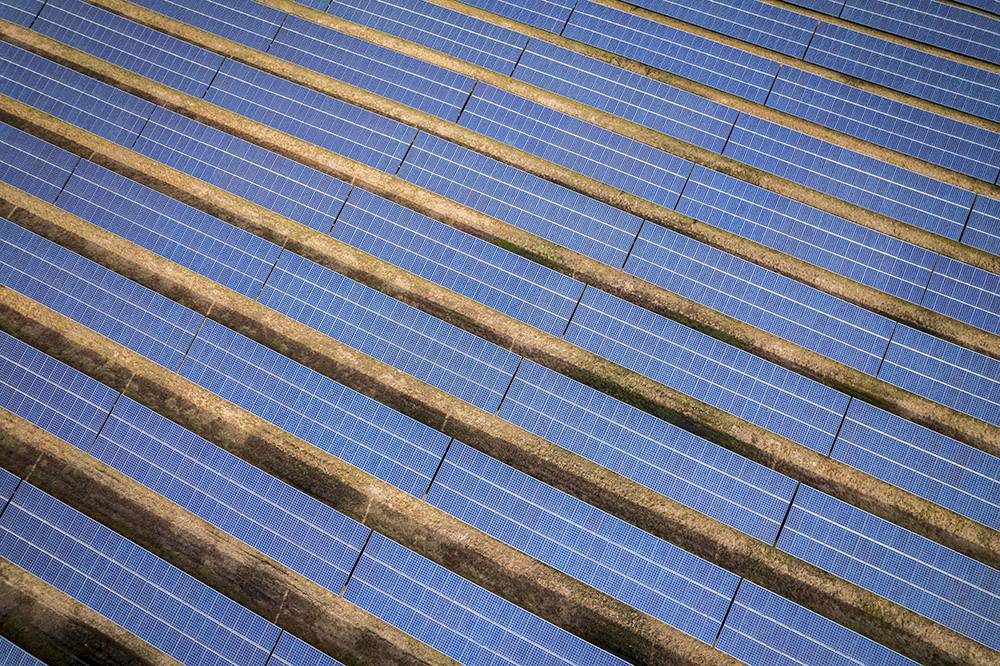In Africa, the drive towards energy autonomy is being increasingly met through decentralized energy generation, particularly leveraging solar power coupled with battery storage. This approach is transforming the energy landscape across the continent, where traditional grid infrastructure often struggles to meet the demands of rapidly growing populations and remote communities. Decentralized energy systems, powered by solar panels and complemented by advanced battery storage technologies, offer a sustainable and scalable solution. These systems bypass the need for extensive grid infrastructure, providing reliable and renewable energy directly to homes, businesses, and communities.
One of the most significant challenges to energy access in Africa is the vast and often rugged geography that makes the extension of centralized power grids both technically challenging and economically unfeasible. Decentralized solar energy systems overcome these barriers by enabling localized generation and storage of electricity. Solar panels, which can be installed virtually anywhere with access to sunlight, harness abundant solar energy and convert it into electricity. Paired with batteries, these systems can store excess energy generated during sunny periods for use during the night or cloudy days, ensuring a consistent and reliable power supply. This capability is especially critical for rural and off-grid areas, which are the hardest to reach with conventional energy infrastructure.
Decentralized solar energy and battery storage systems not only provide a practical solution to energy access but also bring significant economic and environmental benefits. The upfront costs of installing these systems have been decreasing, making them increasingly accessible. Over time, the savings from reduced reliance on expensive and often polluting diesel generators, coupled with the absence of recurring fuel costs, make decentralized systems economically advantageous. Moreover, by tapping into renewable solar energy, these systems drastically reduce greenhouse gas emissions and environmental impact compared to fossil fuel-based power sources. This is crucial for Africa, which, while contributing minimally to global emissions, is highly vulnerable to the impacts of climate change.
The spread of decentralized solar and battery systems also fosters local entrepreneurship and community resilience. In many parts of Africa, innovative business models such as pay-as-you-go solar systems are enabling households to access electricity without significant upfront costs, making solar power more affordable and expanding its reach. These models often involve local enterprises and technicians, creating jobs and building local capacity in the renewable energy sector. Furthermore, reliable access to electricity supports a range of economic activities, from powering small businesses and agricultural processing to enabling education and healthcare services, thus contributing to broader socio-economic development.
Decentralized solar and battery solutions align closely with several of the United Nations’ Sustainable Development Goals (SDGs), particularly SDG 7, which aims to ensure access to affordable, reliable, sustainable, and modern energy for all. By addressing the energy needs of underserved and remote populations, these systems are not only enhancing energy security but also driving progress in health, education, and economic growth. For instance, reliable electricity can improve educational outcomes by providing lighting for evening studies and powering digital learning tools. In healthcare, it can enable the operation of medical equipment and refrigeration for vaccines, improving health outcomes in remote areas.
